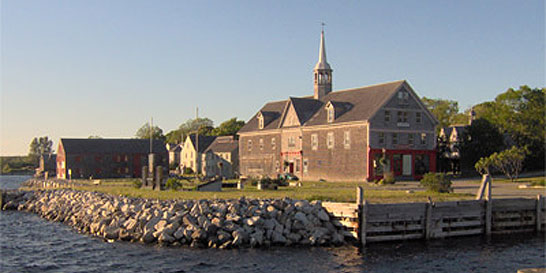
The Municipality of the District of Shelburne studied the feasibility of building a local waste transfer station to reduce the costs and environmental impact of trucking waste to a landfill in another municipality.
Under a shared service agreement, the district also provides collection and disposal for the Town of Shelburne and the Town of Lockeport. Once filled, the curbside collection trucks, better suited to short hauls, make a three-hour return trip to the landfill. A transfer station would allow specially-designed long-haul trucks to make the trip to the landfill.
Building a waste transfer station would reduce fuel consumption. It would, however, provide economic benefits only if two neighbouring municipalities (the District of Barrington and the Town of Clark's Harbour) participated in the project.
Results
| Environmental | Economic | Social |
|---|---|---|
|
|
|
Challenges
- Finding a suitable location for a waste transfer station.
- Estimating financial savings in the face of changing energy prices.
- Familiarizing outside consultants with the needs of the rural community.
Lessons learned
- Engage staff in the early stages of any feasibility study.
- Make sure all quantities included in the analysis, such as amount of fuel used, are adequately researched.
- Make sure that the process for evaluating the technical and economic feasibility is defined clearly and early.
- Use the skills of the steering group.
Want to explore all GMF-funded projects? Check out the Projects Database for a complete overview of funded projects and get inspired by municipalities of all sizes, across Canada.

